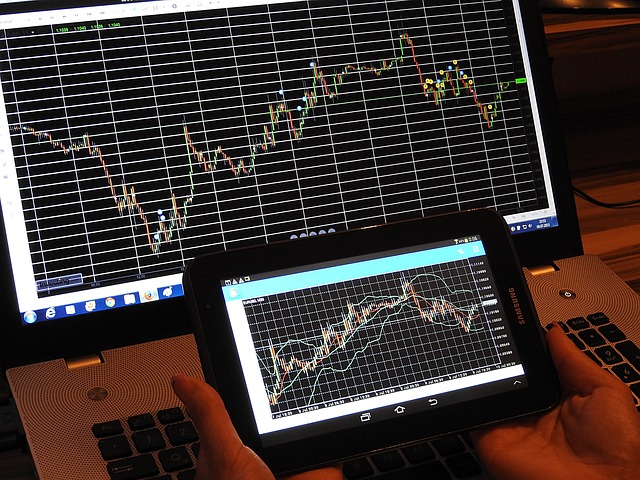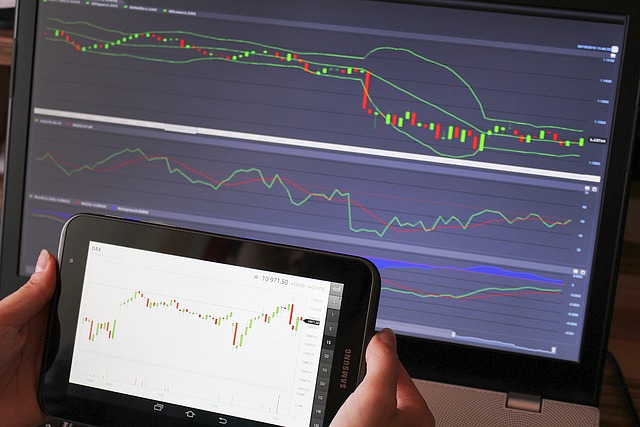Understanding the Signals App: A Comprehensive Guide
In today's rapidly evolving digital landscape, securing our communication has become not just a luxury but a necessity. One of the most prominent players in the field of secure messaging is the Signal app. Renowned for its focus on privacy, Signal has emerged as a preferred choice for users who value confidentiality over convenience. In this article, we will delve deep into the various aspects of the Signal app, exploring its features, significance, benefits, and my personal opinions on its usage.

What is Signal App?
Signal is a free and open-source messaging application that allows users to send texts, make voice and video calls, and share multimedia files while ensuring top-notch privacy. Developed by Signal Foundation, an organization founded by Moxie Marlinspike and Brian Acton, Signal leverages advanced encryption protocols to make the communication between users as secure as possible.
The Genesis of Signal
The origins of Signal can be traced back to earlier apps like TextSecure and RedPhone, which were later merged to form the Signal we know today. The vision behind Signal was clear: to create a platform that prioritizes user privacy without compromising on convenience or functionality.
Open Source: The Heart of Signal
One of the defining characteristics of Signal is its open-source nature. This not only allows developers to scrutinize the code for vulnerabilities but also fosters transparency. Users can have confidence in knowing that there are no hidden features designed to compromise their privacy. This transparency is a key factor in why many tech-savvy individuals, including privacy advocates like Edward Snowden, endorse the app.
Key Features of Signal App
Signal boasts a plethora of features designed to enhance user experience without compromising security. Let's explore some of its standout functionalities:
-
End-to-End Encryption
Signal employs state-of-the-art end-to-end encryption, meaning that only the sender and recipient can read the messages. Even Signal itself cannot access user conversations.
-
Self-Destructing Messages
Users can set a timer for their messages to self-destruct, ensuring that sensitive information doesn't linger in digital space unnecessary.
-
Group Chats
Signal supports secure group chats, allowing multiple users to connect with complete encryption and privacy.
-
Voice and Video Calls
Apart from messaging, Signal allows users to make secure voice and video calls, which raises the bar in terms of private communication.
-
Cross-Platform Availability
Available on both iOS and Android, as well as a desktop version, Signal ensures that its users have seamless access across devices.
User Experience and Interface
One of the first aspects I noticed when using Signal is its intuitive interface. The design is clean and straightforward, making it easy for new users to navigate. Unlike many messaging apps laden with features that complicate user experience, Signal prioritizes simplicity and efficiency.
Customization Options
While I appreciate Signal’s focus on privacy, I believe that offering more customization options could enhance the user experience. Users appreciate the ability to personalize their apps, whether through theme choices or interface elements. Currently, Signal keeps its aesthetic very minimalist, which might not be for everyone.

Privacy and Security: The Cornerstones of Signal
The importance of privacy and security in the Signal app cannot be overstated. With increasing surveillance and data breaches occurring globally, the need for a secure messaging platform has never been more pressing. Signal is built from the ground up with these concerns in mind.
Data Collection Practices
Signal does not collect user data. In contrast to many popular messaging platforms, Signal collects minimal information—primarily just the phone number used for registration. This commitment to data minimization is commendable and sets a precedent that many other platforms should strive to emulate.
The Importance of Trust
In a world where trust in technology is dwindling, I believe that users should appreciate and support platforms that uphold ethical practices. By using Signal, we are signaling our demand for sustained privacy and against unnecessary data exploitation.
Challenges and Considerations
Despite its many merits, Signal is not without challenges. These are imperative to consider for prospective users:
User Adoption
For Signal to reach its full potential, a larger user base is essential. While privacy-focused communities have embraced it wholeheartedly, mainstream users often gravitate toward more popular platforms like WhatsApp or Telegram. The lack of a widespread user base can hinder its functionality as a communication tool.
Dependency on Phone Number
Another point of contention for some users is the requirement to register with a phone number. While this is primarily for security reasons, it may deter individuals who wish to maintain anonymity.
Conclusion: My Vote for Signal
In conclusion, the Signal app stands out as a potent tool for secure communication in an era where privacy is often compromised. The app’s commitment to user confidentiality, combined with its robust feature set, makes it an excellent choice for anyone looking to protect their communications. While there are areas for improvement, such as user customization and broader adoption, I firmly believe that more people should consider making the switch to Signal.
Ultimately, choosing a messaging app is a personal decision that hinges on an individual’s values and priorities regarding privacy. For those who prioritize keeping their conversations secure, Signal is, in my opinion, the best choice available in the current market. As digital citizens, let’s aim to choose platforms that uphold ethical standards, driving the message that privacy matters.